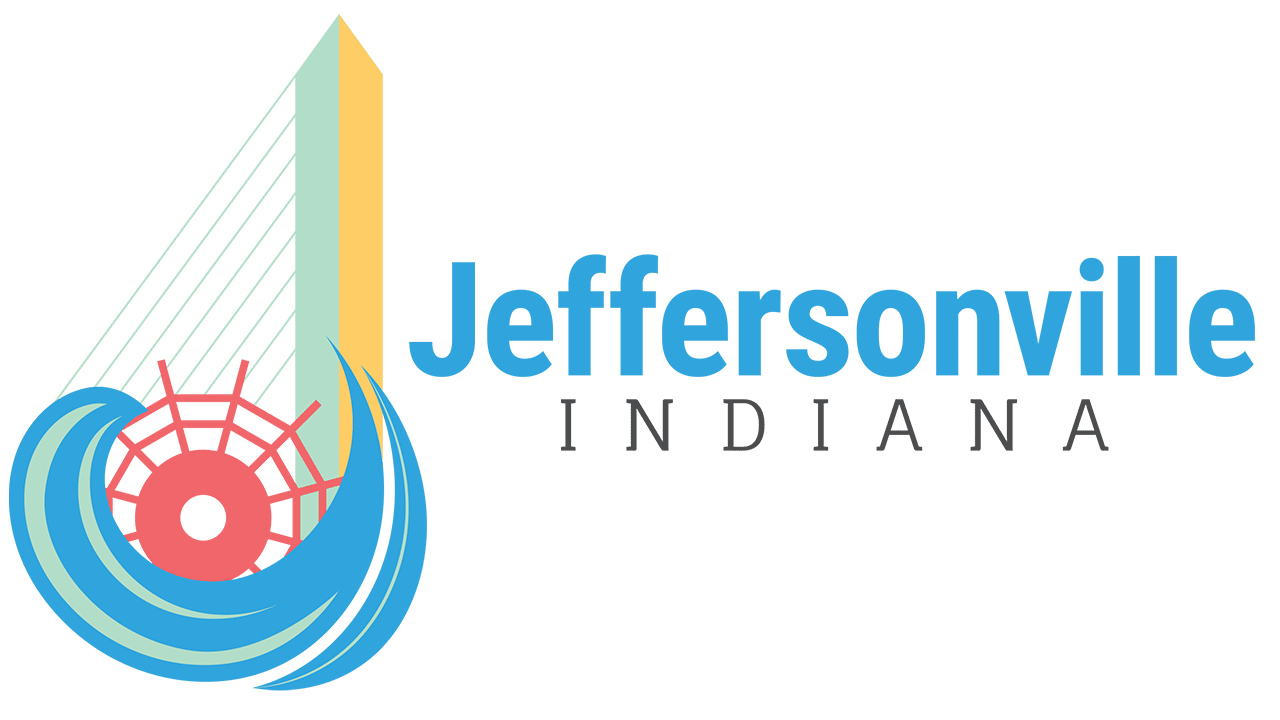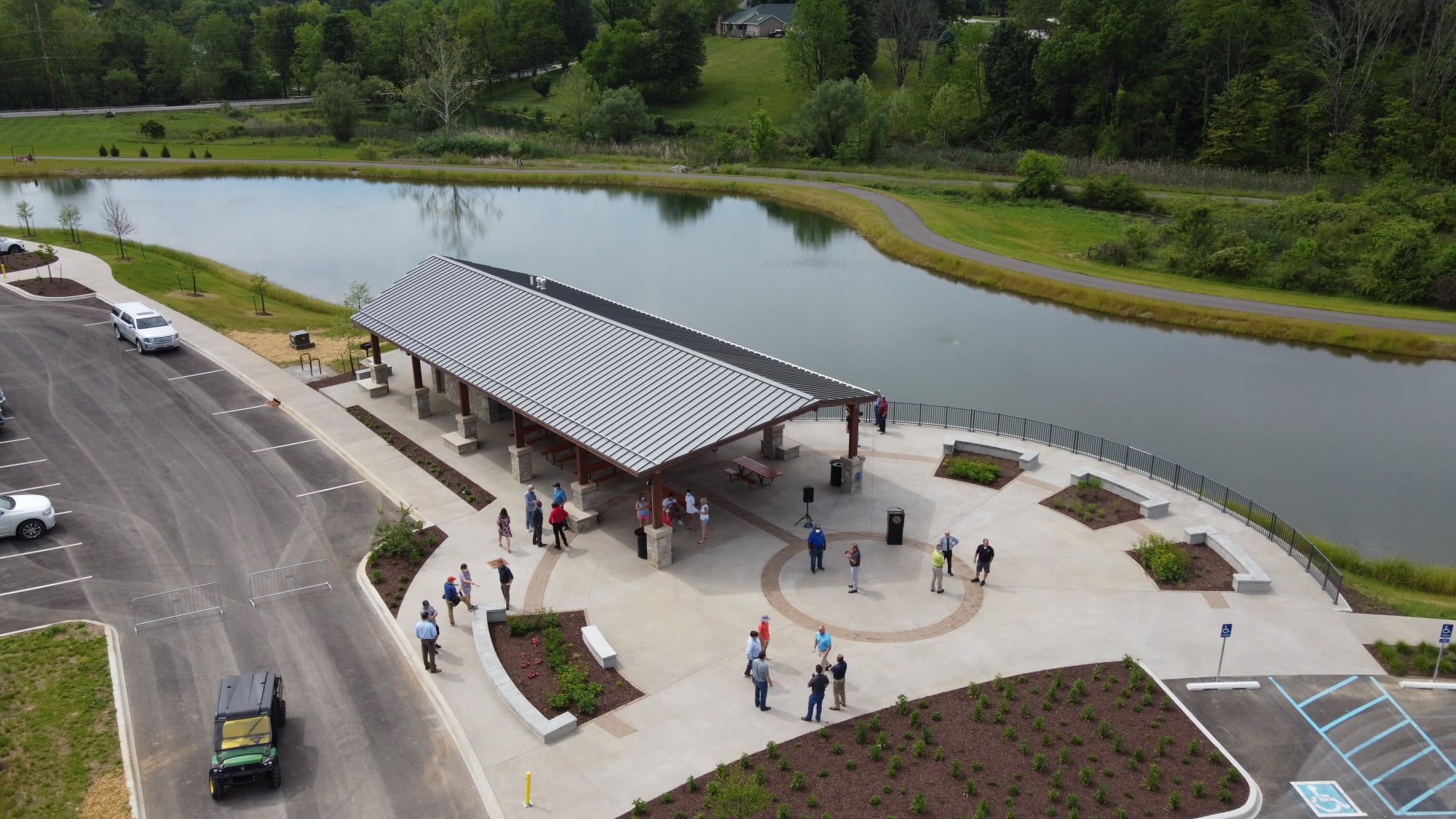The City of Jeffersonville requires all restaurants and other foodservice establishments (such as cafeterias, buffets, dining halls, concession stands, bakeries, delicatessens, lunch counters and food shop/snack bars that prepare and serve food items like hot dogs, ice cream, bagels, cookies, pretzels, etc.) to install and maintain grease traps at their establishments.
The regulation of grease traps in the City of Jeffersonville is provided by 2010-OR-40, which addresses uniform requirements for direct and indirect contributors into the city’s wastewater collection and treatment system that enable the city to comply with state and federal laws required by the opens in a new windowClean Water Act.
Grease, oil and sand interceptors must be provided when, in the opinion of the Utility Director, they are necessary for the proper handling of wastewater containing high levels of grease, oil or sand. The exception is that such interceptors are not required for residential users.
All interceptor units should be of a type and capacity approved by the Utility Director and located where they are easily accessible for cleaning and inspection. The city will perform regular inspections of commercial interceptors. Maintenance of the interceptors is the responsibility of individual users.
Please refer to the City of Jeffersonville’s Construction Standards for proper sizing, maintenance and recordkeeping in regards to grease interceptors.
A tri-fold brochure on FOG in the City of Jeffersonville can be downloaded here.opens PDF file
WHY ARE GREASE TRAPS IMPORTANT?
The bottom line is our wastewater system can only do so much. As we continue to add to the number of homes, foodservice establishments and commercial industries in the city, the burden on the wastewater system also increases. Improperly disposed of Fats, Oils and Grease (FOG) creates an unnecessary burden on public utilities and can be harmful to the environment. The purpose of a grease trap (or interceptor) is to prevent FOG from entering the sanitary sewer system.
FOG originating from kitchens can cause significant difficulties for wastewater facilities and their infrastructure. FOG is created by improper disposal of cooking oil and grease, meat fats, lard and shortening, butter and margarine, food scraps, dairy products and milk shake mixes, batters and icings, dressings and sauces. When FOG collects in pipes, it causes clogs, fills up lift stations and leads to sewer overflows. This can cost the city thousands of dollars a year in maintenance, repairs and sometimes fines. The Environmental Protection Association has estimated that more than half of sewer spills in the U.S. are FOG related.
INFORMATION FOR HOMEOWNERS
While the City of Jeffersonville does not require individual residences to have grease traps or interceptors, FOG can still cause problems for homeowners. Excessive use of garbage disposals and improper disposal of oil, grease and food scraps can create FOG in your pipes, leading to costly repairs.
FOG accumulation in your home is easy to prevent. Follow these practices to Cease the Grease in your pipes:
- Can the grease: Pour used cooking grease into an empty, heat-safe container and store it in the freezer. Once solidified, toss the container in the trash.
- Scrape your plate: Wipe all pots, pans and dishes with a paper towel to absorb the grease before you wash them.
- Catch the scraps: Eliminate or reduce the use of your garbage disposal. Discard food scraps before washing dishes and use a strainer in your sink to catch scraps then toss them into the trash or compost bin.
You can also consider periodically using a product such as Grease-X to break up FOG build-up in your plumbing system.
SEE IT TO BELIEVE IT
- Take a look at what happens when FOG is improperly disposed of. Watch a video captured by one of our televising trucks while inspecting sewer lines in the city by opens in a new windowclicking here.


